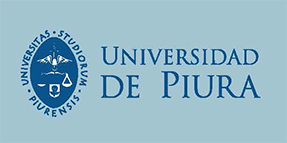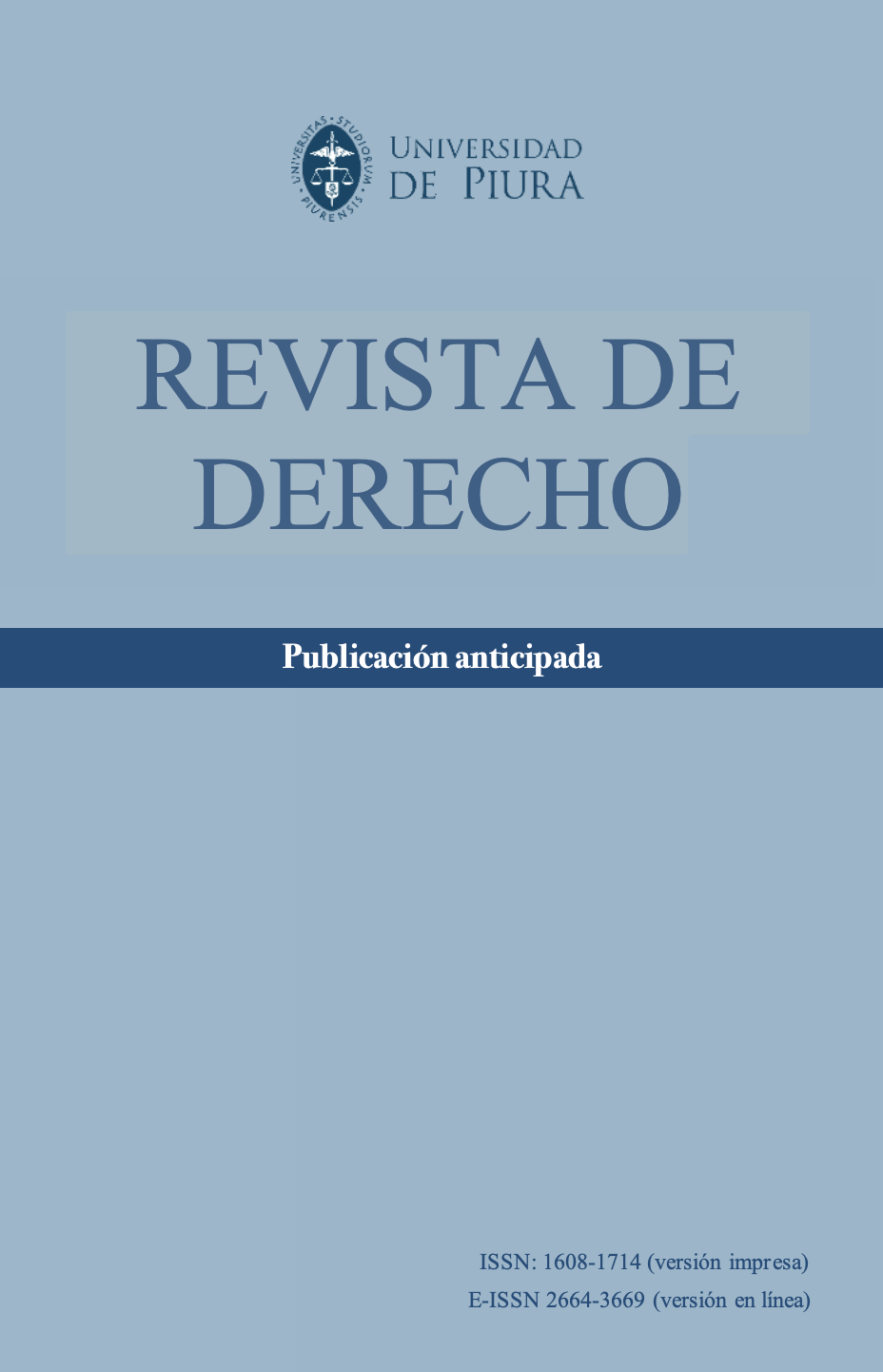The Binding Nature of Judicial Plenary Decisions and Their Impact on Peruvian Labor Law
DOI:
https://doi.org/10.26441/RD-3838Keywords:
Labor law, jurisprudence, precedents, Plenary Sessions.Abstract
The Peruvian legal system incorporates diverse judicial pronouncements—ranging from Constitutional Court rulings to Plenary Sessions (Plenos) of the Supreme Court—with varying degrees of binding authority. In labor law, these pronouncements become especially relevant due to the rapid evolution of employment relationships and the need to protect vulnerable workers. This paper examines the mechanisms designed to ensure jurisprudential uniformity: constitutional precedents, Supreme Court casatory precedents, and Judicial Plenary Sessions (Plenos). Particular emphasis is placed on the recent reforms introduced by Law N°. 31591, which grants binding force to Supreme Plenary Agreements, transforming them into a pivotal reference for lower courts. By exploring both the legal framework and practical challenges, the study highlights how judges and litigators must distinguish between truly binding precedents and non-binding guidelines. Furthermore, it stresses the importance of continuous legal training and critical assessment of each case to maintain consistency while allowing for necessary flexibility. Ultimately, the findings underscore that a balanced and well-informed application of precedents not only prevents contradictory decisions but also fortifies the rule of law, promoting a fair and predictable judicial environment that benefits workers, employers, and the broader community.
Metrics
References
Arévalo Vela, J. (2010). Antecedentes de la reforma del proceso laboral en el Perú. En Doctrina y análisis sobre la nueva Ley Procesal del Trabajo. Academia de la Magistratura del Perú.
Carrera Hurtado, B. (2024). Agenda corporativa: ¿Todos los Plenos Jurisdiccionales son obligatorios? El Peruano. https://elperuano.pe/noticia/240401-agenda-corporativa-todos-los-plenos-jurisdiccionales-son-obligatorios
Centro de Investigaciones Judiciales del Consejo Ejecutivo del Poder Judicial. (2020). Guía Metodológica. Plenos Jurisdiccionales Superiores. https://www.pj.gob.pe/wps/wcm/connect/f0fe228040a1275b85d5b56976768c74/Nueva+Guía+Metodológica+%28Plenos+Jurisdiccionales+Superiores%29-3-35.pdf?MOD=AJPERES&CACHEID=f0fe228040a1275b85d5b56976768c74
Ferro Delgado, V. (1988). Los principios generales del derecho y los principios particulares del derecho laboral. Derecho PUCP, (42), pp. 45-71. https://doi.org/10.18800/derechopucp.198801.002.
Indacochea Prevost, U. (2015). La doctrina jurisprudencial y el precedente constitucional vinculante: una aproximación a la jurisprudencia constitucional desde la teoría de las fuentes del derecho. THĒMIS-Revista de Derecho, (67), pp. 309-318. https://revistas.pucp.edu.pe/index.php/themis/article/view/14477
Ledesma Narváez, M. (2015) La doctrina jurisprudencial en el proceso civil ¿una espera sin fin? Biblioteca Cejamericas.
Liendo Tagle, F. (2012). Los Precedentes vinculantes y su incorporación en el orden jurídico. Condiciones y perspectivas. Ara editores.
Ministerio de Justicia y Derechos Humanos. (2016). Precedentes vinculados emitidos por el Tribunal Constitucional (Tomo I). Colección Jurídica BCP.
Neves Mujica, J. (1990). Las reglas constitucionales para la aplicación de la norma laboral. Derecho PUCP, (43-44), pp. 283-309. https://doi.org/10.18800/derechopucp.199001.009
Peces-Barba, G. (1983). La creación judicial del Derecho desde el ordenamiento jurídico. Poder Judicial, (6), pp. 17 y ss.
Plan Nacional de Plenos Jurisdiccionales Superiores (2021). Poder Judicial. https://www.pj.gob.pe/wps/wcm/connect/3fafa00041a6ab8d8885b85aa55ef1d3/PLAN+DE+PLENOS+JURISDICCIONALES+SUPERIORES+2021.pdf?MOD=AJPERES&CACHEID=3fafa00041a6ab8d8885b85aa55ef1d3
Quispe, C. (2024). El adiós a los “daños punitivos” y la carencia de vinculatoriedad de los plenos supremos laborales. Soluciones Laborales, (196), pp. 26-35.
Taruffo, M. (2016). Consideraciones sobre el Precedente. Ius Et Veritas, 24(53), pp. 330-342. https://doi.org/10.18800/iusteveritas.201701.020







